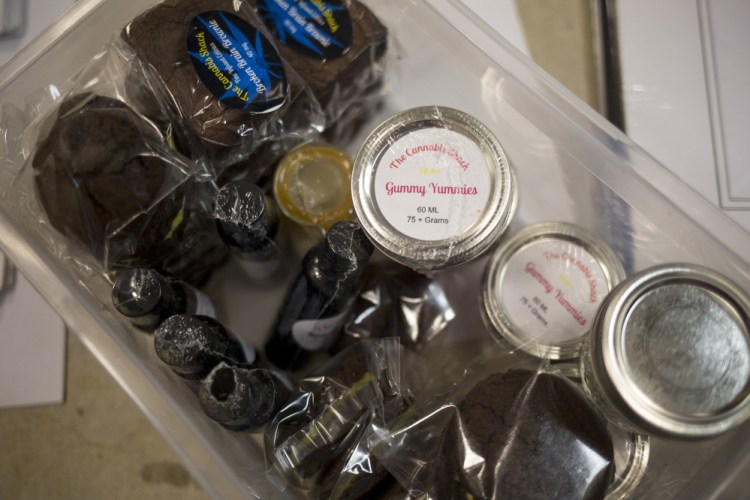Now that Maine legislators have upheld Gov. LePage’s veto of L.D. 1650, the bill to regulate the retail cultivation and sale of recreational marijuana, they can either allow a voter-approved citizen initiative to take effect Feb. 1, or they can continue to stall legalization. The excuse of the veto supporters is that they want to clarify the proposed regulations, but the reality is they’d rather cater to their base or to party leadership than enact the will of Maine voters.
By allowing the governor’s veto to stand, the Legislature has failed to address the significant – and valid – concerns raised after the narrow approval of last year’s adult-use cannabis referendum.
Lawmakers didn’t provide for more local control over marijuana sales. Under L.D. 1650, towns would have had to opt into the industry, much like a town votes to allow alcohol sales, rather than having to adopt a ban in order to opt out.
They didn’t ramp up efforts to prevent and prosecute driving while stoned. L.D. 1650 would have set up a tax structure that included more funds for drug recognition officers.
They didn’t take steps to keep pot-infused products out of the hands of children. Clarifying the ballot question’s wording, L.D. 1650 would have barred the making and selling of cannabis edibles in shapes that children might think are candy, such as animals or fruit.
They didn’t even stop the sale of recreational marijuana. L.D. 1650 would have closed a loophole in the referendum that currently allows entrepreneurs to give away marijuana and accept donations for “packaging and handling” or “delivery.”
The so-called “gifting” provision was invoked by the organizers of a pot vacation event at a Cornish bed-and-breakfast, where paying guests were to have received a complimentary cannabis-infused breakfast and free joints at an afternoon happy hour. “We had a social club scenario in the middle of the town and little to no help from the state law enforcement,” local resident Nancy Perkins testified at a public hearing on L.D. 1650, noting that the town had to hire lawyers to shut down the pot event.
Perkins was one of the dozens of Mainers who expressed their views to the bipartisan legislative panel that spent nine months drafting the rules for growing, selling and taxing pot. House Republican leader Ken Fredette and Gov. LePage had their chance to speak up, too. But instead of taking part in the work on the bill, they chose to derail it. Only one thing is certain: the continuation of a holding pattern that doesn’t benefit anybody in Maine, whether they supported legalization or not.
Send questions/comments to the editors.



Comments are no longer available on this story